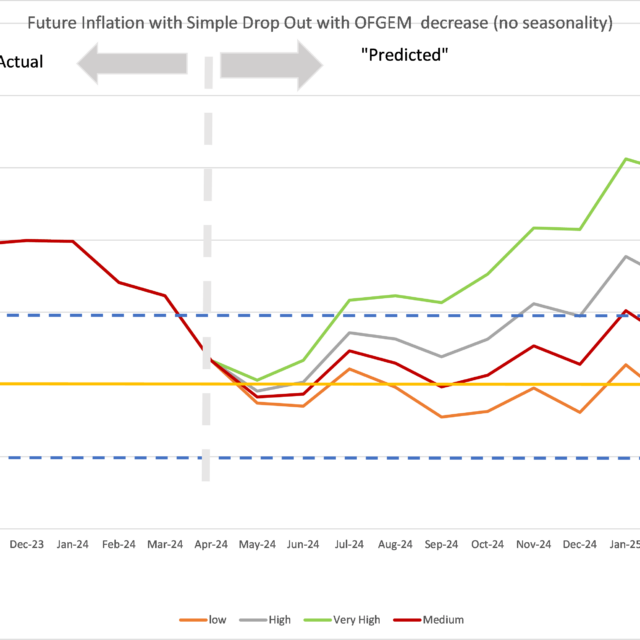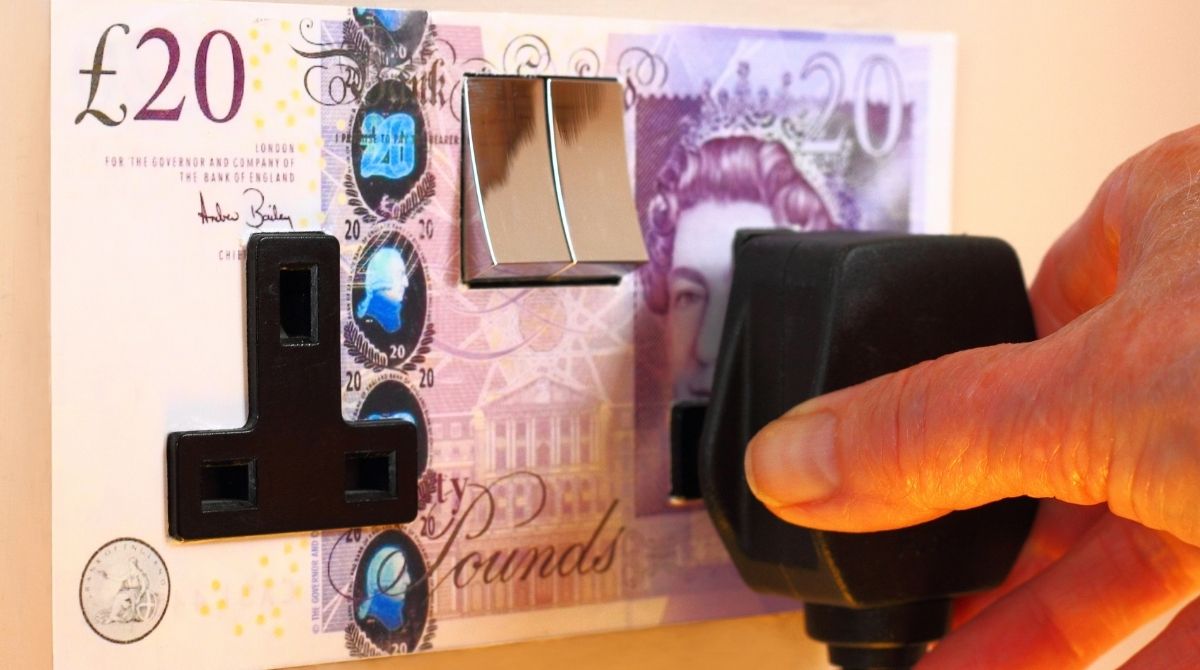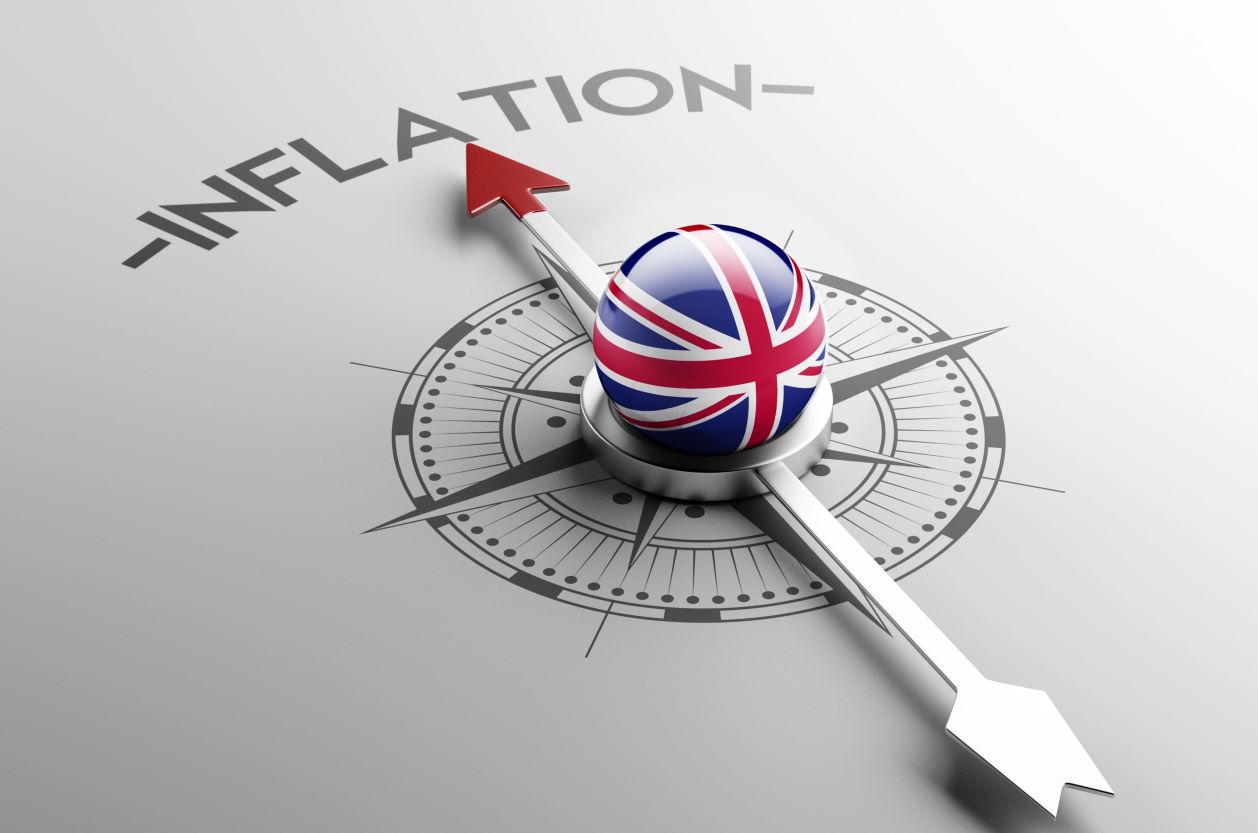Inflation Falls Significantly But Risks of Rebound Remain
 Pub. Date
Pub. Date
22 May, 2024
 Pub. Type
Pub. Type
Main points
- Today’s ONS figures indicate that annual CPI inflation was 2.3 per cent in April, falling from 3.2 per cent in March, and representing the lowest annual CPI inflation figure since July 2021. This figure reflects upward contributions, such as those from restaurants and hotels, being offset by downward contributions from the majority of other item categories, particularly housing and household services
- This fall in the annual CPI inflation rate was expected, given base effects from the large food price increases observed in April 2023 as well as the decrease in the Ofgem energy price cap in April 2024. While this is positive news, inflation will most likely rise again in in the second half of this year due to base effects. It will be important to keep an eye on month-on-month inflation figures (essentially ‘new’ inflation) to determine to what extent we will see inflation rebound in the second half of 2024. In fact, the pace at which inflation softened in April was slower than we expected, due to higher than projected month-on-month inflation
- While indicators of underlying inflationary pressures all fell on the month, they remain high, which may require the MPC to exercise caution in monetary loosening. NIESR’s measure of underlying inflation, which excludes 5 per cent of the highest and lowest price changes to eliminate volatility and separate the signal from the ‘noise’, fell to 2.5 in April from 3.1 per cent in March; core CPI fell to 3.9 per cent from 4.2 per cent; and services inflation fell to 5.9 per cent from 6.0 per cent. These measures indicate that underlying inflationary pressures remain elevated – and well above the 2 per cent target
- As a result, we think the Bank of England may need to exercise some caution in its expected upcoming monetary loosening. Indeed, as we discussed in our Spring UK Economic Outlook, we may not see a rate cut in June due to the upwards risk that elevated services and core inflation pose to the headline rate
“Inflation has fallen to its lowest level in almost three years. While this is positive news, inflation is still above the Bank of England's 2 per cent target and core inflation remains higher than its historical average at 3.9 per cent. Paired with last week’s strong wage growth data, we believe that elevated services inflation will remain an upwards risk to inflationary pressures in the second half of this year. As a result, the MPC may exert caution at its upcoming meeting and hold interest rates, despite today’s encouraging fall in the headline rate.”
Paula Bejarano Carbo, Economist
For a breakdown of what inflation is and how it is calculated, read our blog post here.






















